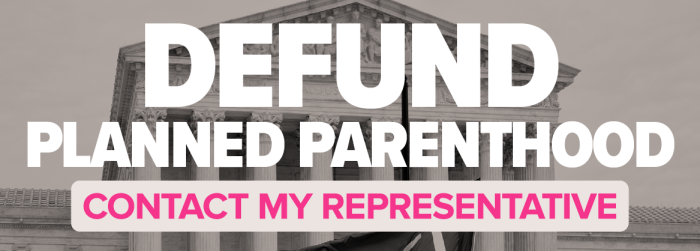Just three months after a Colorado law regulating sperm and egg donation took effect, lawmakers have filed a new bill to roll back some of the protections granted to donor-conceived children, along with fertility clinic regulations. The bill would also cement protections for IVF in the state.
Senate Bill 224, which took effect in January 2025 after its passage in 2022, has a number of requirements meant to protect donor-conceived children. It disallows anonymous sperm and egg donation, giving a child created from a donor the right to learn that donor’s identity once the child turns 18. It also requires donors to be at least 21, limits ‘donations’ to 25 families, and gives families who use donor eggs or sperm access to the donor’s medical records.
Though the law has only been in place for three months, lawmakers are already looking to undo some of the law’s provisions.
Senate Bill 1259 would remove the requirement that fertility clinics reach out to donors every three years to update the donors’ contact information, instead only requiring identifying information at the time of the initial donation — potentially making it difficult for children to locate their biological parents. The bill would also loosen stipulations that fertility clinics must provide donors and families certain educational materials from the Department of Public Health, instead allowing such information to come directly from the clinic itself. Fertility clinics would also no longer be subject to on-site inspections by state health regulators, and financial penalties for violating the regulations would be reduced. The legislation would also enshrine protections for in vitro fertilization (IVF) into state law.
READ: Spanish actress discusses granddaughter born via surrogate using deceased son’s sperm
According to The Denver Post, some fertility clinics are behind the new legislation, with one clinic representative telling lawmakers that business is down 50% due to the new regulations. But former Senate President Steve Fenberg, who supported the 2022 legislation, insisted that such a claim is bogus.
“They made that claim (about donations dropping) before the bill went into effect. Empirically, you never could have said this bill reduced the amount of donors because it didn’t happen yet,” Fenberg said. “… I think donor participation has been going down steadily because people know that 23andMe exists and there’s no such thing as anonymity anymore. It’s not that the law changed, but that reality changed.”
He also believes the inclusion of IVF protections is meant to gain the bill support it might not have otherwise had, because “no Democrat wants to vote against IVF protections.”
Sarah Jeffers, a young woman conceived through sperm donation, is speaking out against the new bill, though she says she supports the protections for IVF. Jeffers told The Denver Post she has a running spreadsheet and has discovered she has at least 42 half-siblings as a result of an unregulated sperm and egg donation industry.
“It feels like they’re trying to blame (the 2022 law) for things it’s not doing — and even if it is causing some decrease in donor numbers, I don’t think that’s a bad thing if it ultimately means better health and happiness for the resulting families,” she said.








